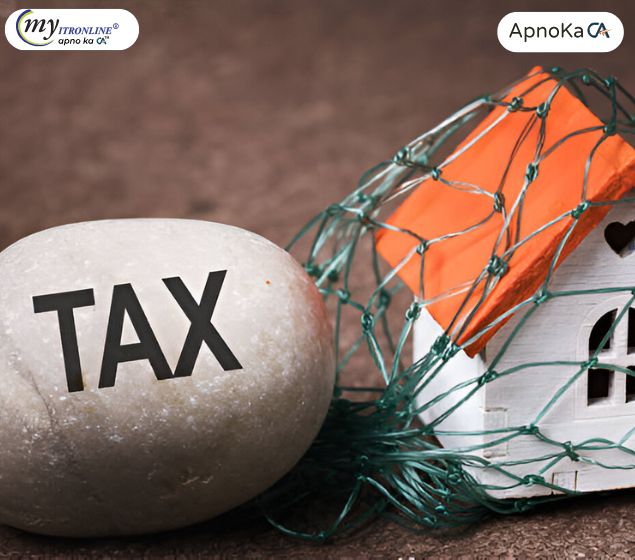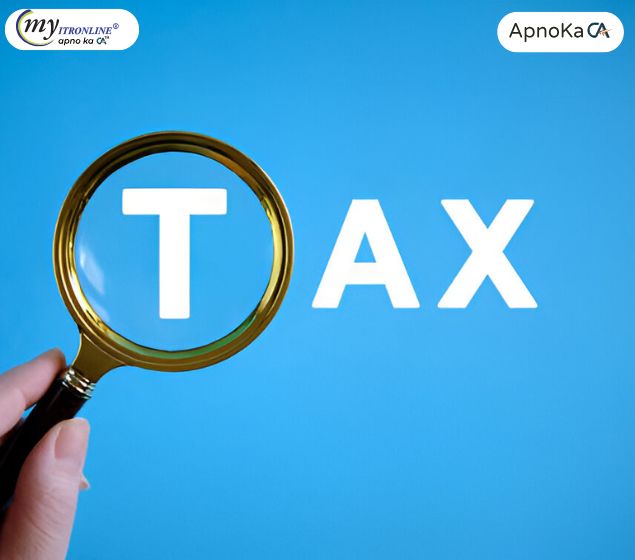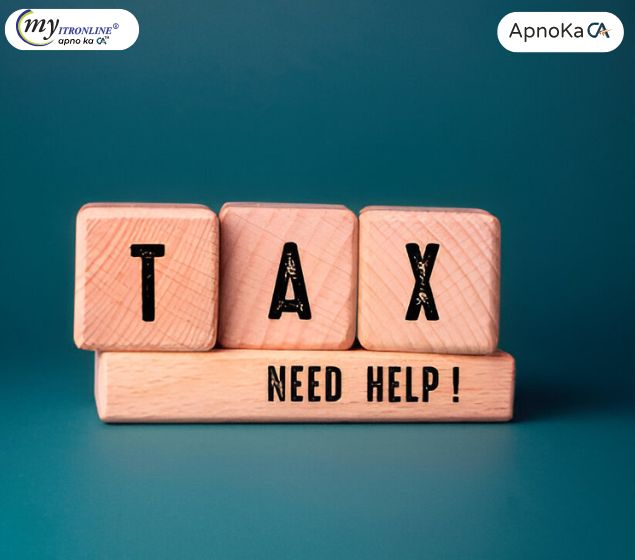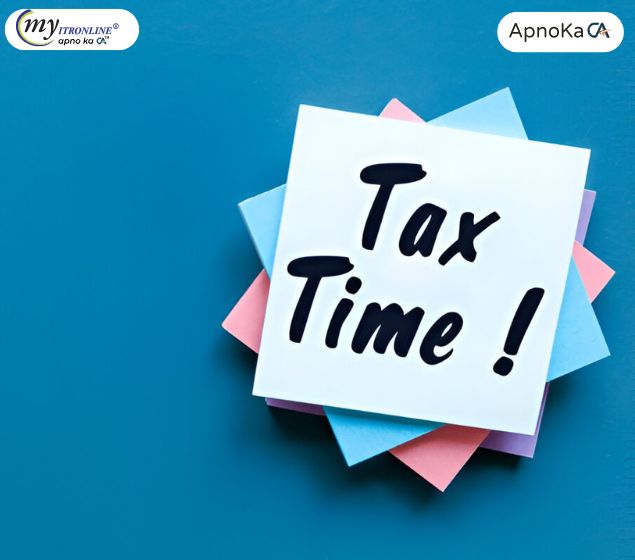# exemption
12 posts in `exemption` tag

Easy Guide: Selling Your House? How to Save Tax with Section 54!
This blog provides a simple guide to Income Tax Section 54, explaining how individuals and HUFs can save tax on long-term capital gains from selling a residential house by reinvesting in a new one. It covers the core conditions, timelines, and the use of the Capital Gains Account Scheme. The main focus is on the crucial update allowing exemption for investing in two houses (if capital gain is up to ₹2 Crore), emphasizing that this benefit can be used only once in a lifetime. The post highlights common pitfalls and advises on documentation and expert consultation.

Easy Guide: Selling Your House? How to Save Tax with Section 54!
This blog provides a simple guide to Income Tax Section 54, explaining how individuals and HUFs can save tax on long-term capital gains from selling a residential house by reinvesting in a new one. It covers the core conditions, timelines, and the use of the Capital Gains Account Scheme. The main focus is on the crucial update allowing exemption for investing in two houses (if capital gain is up to ₹2 Crore), emphasizing that this benefit can be used only once in a lifetime. The post highlights common pitfalls and advises on documentation and expert consultation.

Easy Guide: Selling Your House? How to Save Tax with Section 54!
This blog provides a simple guide to Income Tax Section 54, explaining how individuals and HUFs can save tax on long-term capital gains from selling a residential house by reinvesting in a new one. It covers the core conditions, timelines, and the use of the Capital Gains Account Scheme. The main focus is on the crucial update allowing exemption for investing in two houses (if capital gain is up to ₹2 Crore), emphasizing that this benefit can be used only once in a lifetime. The post highlights common pitfalls and advises on documentation and expert consultation.

Official: Forum of Regulators Gets Tax Break from CBDT (Notification S.O. 2740(E)
The Central Board of Direct Taxes (CBDT) has exempted the Forum of Regulators (FOR), which oversees India's electricity sector, from income tax on specific income streams under Section 10(46) of the Income-tax Act. This retrospective exemption covers government grants, membership fees, and bank interest, providing financial relief and enabling FOR to more effectively align power regulations, promote best practices, and protect consumer interests

Unlocking HRA Exemption: Yes, You Can Claim HRA While Staying With Your Parents in India!
Did you know you can claim HRA exemption even when you live with your parents? It's a common misconception that costs many taxpayers valuable savings. Our detailed blog post breaks down exactly how to do it legally: from ensuring genuine rent payments and formal agreements to understanding your parents' tax implications. Learn the crucial conditions and required documents to unlock this significant tax benefit. Simplify your HRA claim with expert guidance from myitronline.

Big Relief for NGOs: 10-Year Validity Period for Trust Registrations
This blog post details the Indian government's pivotal move to introduce a 10-year validity period for trust registrations, replacing the previous perpetual system. It highlights how this "revolutionary change" significantly reduces administrative burden, enhances planning stability, and improves transparency for charitable organizations and NGOs. The article also outlines key implications for existing and new trusts, emphasizing the shift towards digitalization and a more efficient non-profit sector.

HRA in the New Tax Regime: What You Must Know to Avoid Notices
This blog demystifies the treatment of House Rent Allowance (HRA) under India's New Tax Regime. It clarifies whether HRA is exempt, outlines its impact on your tax filing process, and provides crucial advice on how to navigate the changes to avoid receiving tax notices. Learn the key differences from the old regime and ensure your tax compliance is seamless for the current financial year and beyond.

12A Registration Made Easy: Latest Online Guidelines for Indian NGOs
For non-profit organizations, charitable trusts, and societies in India, securing 12A registration is vital for income tax exemption. With the Indian government's move towards digital governance, the 12A registration process has undergone significant updates. This blog post provides a detailed look at the latest guidelines, including mandatory online filing via Form 10A/10AB, the requirement for re-registration for existing entities, the new 5-year validity period, and essential steps to ensure a smooth, compliant experience for your organization.

Section 44ADA Explained: Presumptive Taxation Benefits for Self-Employed
This comprehensive guide delves into Section 44ADA of the Income Tax Act, 1961, offering a simplified "presumptive taxation" scheme for eligible self-employed professionals. Discover who qualifies, how to calculate your taxable income at a minimum of 50% of gross receipts, and the significant benefits like exemption from detailed bookkeeping and tax audits. Learn about crucial compliance aspects, including advance tax and the increased ₹75 Lakhs gross receipts limit, to make informed decisions for smarter tax planning and effortless compliance.

CBDT Notifies IRFC Zero Coupon Bonds: Tax Impact for Investors
The CBDT has notified IRFC's Ten-Year Zero Coupon Bonds under the Income Tax Act, potentially making the maturity proceeds tax-exempt under Section 10(15)(iv)(h). This offers a significant tax advantage for long-term investors compared to non-notified bonds.

Big Win for Indian Startups: 187 Approved for Tax Exemption Under Revised 80-IAC
The DPIIT has approved 187 startups for income tax exemption under the revised Section 80-IAC. This grants 100% tax deduction on profits for 3 years out of 10, under an updated framework with extended eligibility and a streamlined application process. This move boosts financial relief and growth for eligible Indian startups.

How to Save Tax on Capital Gains: Key Exemptions and Step-by-Step Claim Guide
This blog explains the key exemptions available under India’s capital gains tax laws for FY 2025-26, including the latest updates from Budget 2025. It covers who can claim each exemption, how to utilize the Capital Gain Account Scheme, and the correct process for claiming exemptions in your income tax return.
